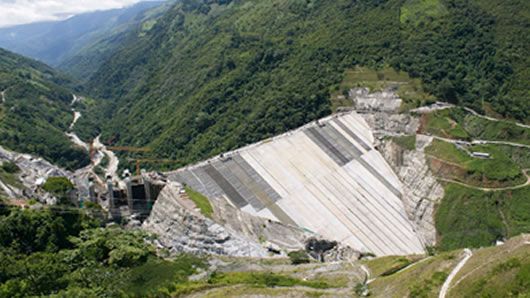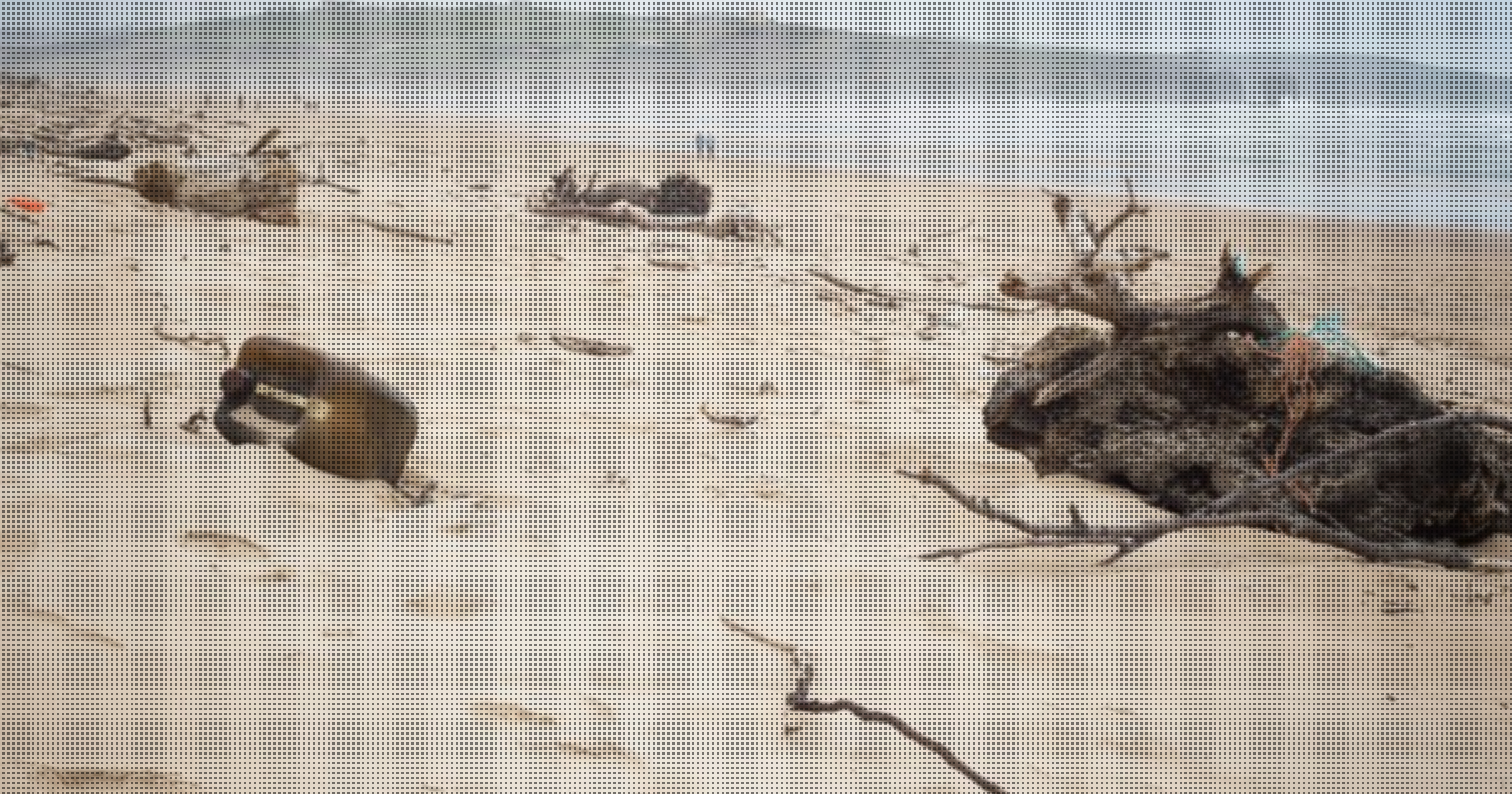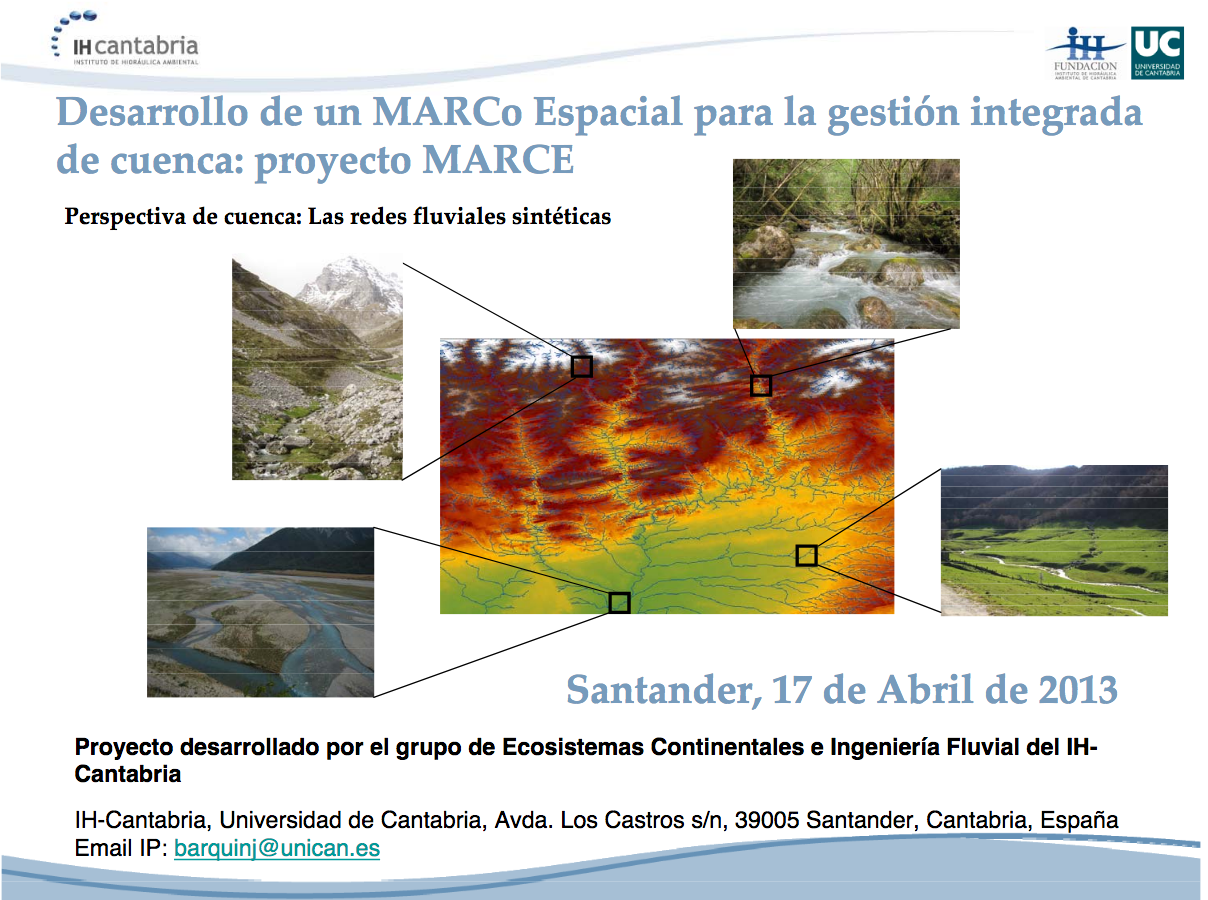
WATER QUALITY
One of the main challenges for the sustainable development of human populations lies in exploiting the resources that aquatic ecosystems offer us without this leading to the degradation of their natural conditions.
One of our mission in IHCantabria’s is to provide technical solutions and innovative solutions to a wide variety of environmental problems related to water quality in any aquatic environment. Our methodologies and tools contribute to a sustainable development of the coastal environment, transitional waters and inland aquatic systems (rivers, lakes and reservoirs).
At IHCantabria wew have extensive experience in this field, supported by more than 100 projects that it has developed using an integrative approach, based on the characterization of the aquatic environment and the use and development of numerical models that finally allow us to make a global diagnosis through which we can optimize effective decision making, as well as the implementation of successful measures for the aquatic environment on which we work.
Methodology
Characterization of the aquatic environment
By planning and conducting field campaigns in which to take accurate information on the various components of the aquatic ecosystems: physical or hydromorphological component, whether of anthropogenic origin, water quality, defined as per its physical-chemical characteristics and structure and composition of the biological communities that are associated with these ecosystems.
High-resolution spatio-temporal hydrodynamic modeling
Of the interaction between the hydrological, hydraulic, meteorological and oceanic variables to define the physical behavior of a given body of water. Performing model nesting and coupling techniques and refinement techniques (downscaling), both dynamic and statistical.
High-resolution numerical water quality modeling
Of water transport and mixing for different physical, chemical and biological variables.
Diagnostics and Solutions in the aquatic environment
The combination of our extensive knowledge of natural processes, with a comprehensive understanding of our numerical models and the necessary data to configure, calibrate and verify them, allows us to issue a complete diagnosis of the water quality status of aquatic systems and to propose appropriate solutions that are environmentally responsible.
AREAS OF EXPERTISE
Evaluation of the physical, chemical, biological and/or ecological state in accordance with current regulations
Modeling of all types of dredging processes in real time during maritime construction
Determination of trophic status of water bodies
Analysis of the water quality of beaches and characterization of bathing water profiles
Quantification of greenhouse gases (GHG)
Identification of floating material build-up areas

Determination of water renewal time for typifying masses of water
Analysis of the effects of industrial discharges
Population dynamics of species
Analysis of the dispersion and intake of aquatic organisms.
SIGNIFICANT PROJECTS
Implementation of a three-dimensional model of water quality in the Ituango hydroelectric project
An analysis of the future quality of the water in a reservoir and downstream of it will condition the various uses that can be carried out in its environment. In this project, an operating model was created that included the carbon, nitrogen and phosphorus cycles in the water body, allowing for the quantification of the associated GHG emissions during the lifespan of the reservoir.
Modeling of accumulative areas of “marine litter” in Place of Communitarian Interest (LICS) (CleanLICS)
Identifying areas where marine litter tends to accumulate is critical to efficiently mitigating this threat. The goal is to identify areas with a large build-up of marine debris in two sites of the Natura 2000 network on the Cantabrian coast (Spain) using numerical models for particle transport.
Learn More
Study of the effects of sanitation on water quality from L´Albufera
Development of a hydrodynamic and eutrophication model of the lake and the coastal zone between Valencia and Cullera, including the definition of the hydrodynamic interrelationship of the lake and the outer sea, regulated by means of gates.
Shape of the environmental system and the public space with emphasis on the subsystem of the Laguna de los Patos, Cumaná, Venezuela
Develop an action plan to recover and environmentally protect the lagoon system of Laguna de Los Patos by taking into account social aspects and trying to generate public spaces by linking the urban drainage system to the lagoon to reduce the risk of flooding and preparing the area for use by residents and tourists.
MARCE
Development of a spatial framework for integrated watershed management: 2010-2012. Ministry of Economy and Competitiveness.
Maintaining the network of gauges and ground stations and monitoring the preservation status of the fluvial ecosystems in the Picos de Europa National Park. 2015-2017. Inter-autonomic Consortium of the Picos de Europa National Park.
LET’S TALK
Would you like to know how we can help you?
Send me a message. I will get back to you as soon as possible

ANDRÉS GARCÍA GÓMEZ
Researcher || Water Quality Expert
We advise you that your personal data will be processed by FUNDACIÓN INSTITUTO HIDRÁULICA AMBIENTAL DE CANTABRIA, in order to manage your request and maintain professional and commercial relations with you. Your data will not be transferred to third parties. This data treatment is necessary to attend your request. Your data will be kept until you unsubscribe from the service and/or after a reasonable time has passed since we attended to your request. You can exercise your rights of access, rectification, cancellation, opposition, portability and limitation of the processing of your data by contacting the FUNDACIÓN INSTITUTO HIDRÁULICA AMBIENTAL DE CANTABRIA, PCTCAN C/ISABEL TORRES, 15, 39011 SANTANDER (CANTABRIA), or rgpdihcantabria@unican.es with a copy of your ID card duly accrediting your identity. In any situation, you have the right to file a complaint with the Spanish Data Protection Agency (AEPD)







